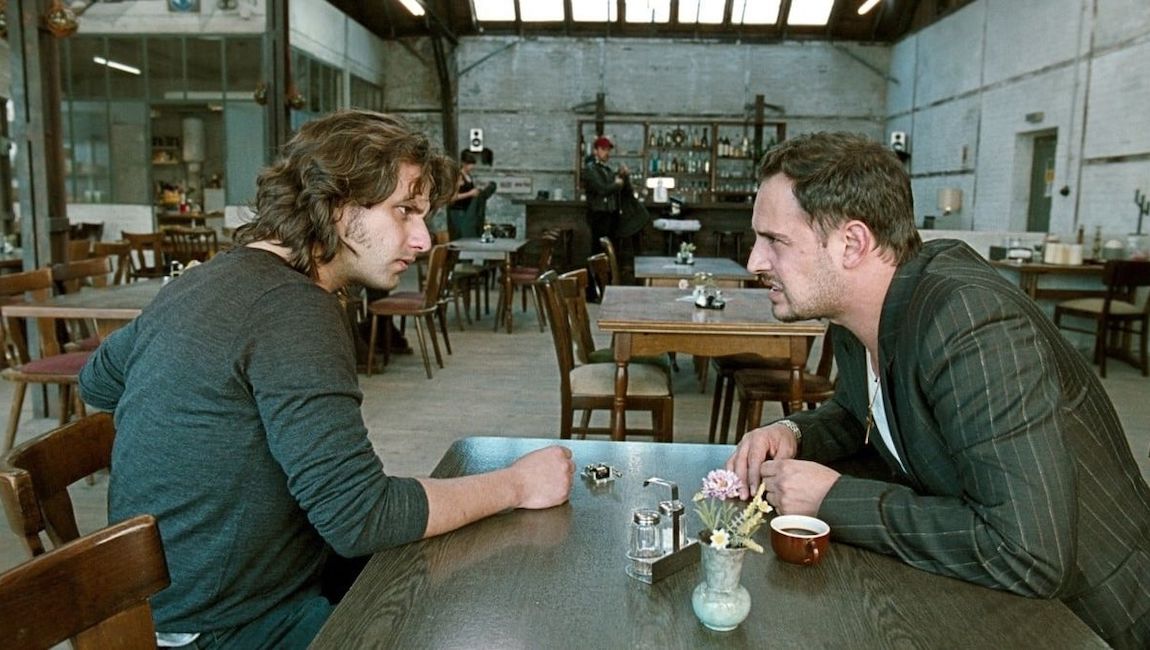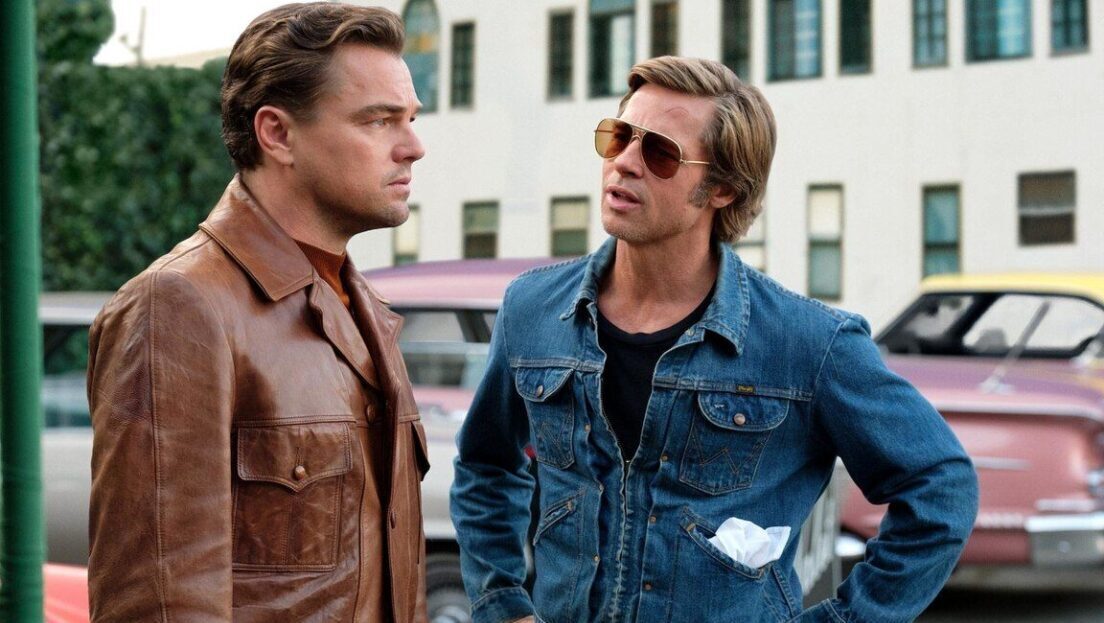Turkish director Fatih Akin’s movies are often musical in nature, fitting their rhythms to rhythm and their tones to tune. If Head-On, his first real critical success, drew its jagged, head-banging energy from the music of its punk-rocking lovers, then his follow-up, The Edge of Heaven, was a dirge, plodding and self-serious from its overreaching title on down. (Admittedly, it was probably the best thing to come out of the mid-aughts’ unfortunate everything-is-connected school of art cinema, but that and a quarter will get you a strained, overly symbolic cup of coffee.) Turns out Akin may have found all that heavy lifting a bit exhausting himself. His latest film, Soul Kitchen, is a rambunctious party of a movie, turning both to the joyous soul of its title and to the big, unsubtle blasts of European house music. It’s broad and goofy and intentionally brainless, and though it takes a while to get going, a movie this single-mindedly eager to please is awfully hard not to like.
In fact, if Akin has any interest in pursuing a Hollywood career, Soul Kitchen would be one hell of a calling card. Switch the characters’ ethnicity and language and you wouldn’t be that far off from something like Barbershop. Even the titles are similar; “Soul Kitchen” refers to a restaurant, owned by Greek-German Zinos Kazantsakis (Adam Bousdoukos), that specializes in unhealthy deep-fried comfort food. Around the restaurant circle a cast of cartoonish archetypes: Zinos’s journalist girlfriend, who is moving to China; his burglar brother, who hatches a scheme to pretend to work in the restaurant to get leave from prison; the hot-tempered haute couture chef Zinos hires; and an acquaintance of Zinos scheming to buy out the restaurant, among others. Among all these characters, Akin orchestrates a series of deliberately superficial plot lines, packed with silly melodrama and sophomoric gags executed with all the subtlety of a KFC Double Down sandwich.
That’s not necessarily a complaint. Soul Kitchen is inconsistent, to be sure; at first, while Akin struggles to find his footing amongst all the silliness, it’s just kind of weird, more funny in theory than in practice. But at a certain point — somewhere around the 30-minute mark, as the various narrative threads begin to take shape — things start to click, and before long its wacky cartoon energy becomes infectious. I feel sorry for the viewer who doesn’t get a gleeful rush when one character takes a wicked pratfall and the camera goes with him in an extreme cant that rates among the silliest camera movements I’ve ever seen. In fact, Akin’s style is mighty impressive throughout, similar to that of Head-On and The Edge of Heaven — hand-held photography, long shots, elegant pans — but executed in an entirely different context, for an entirely different purpose. There’s nothing serious about Soul Kitchen, but there’s no doubting Akin’s passion for all the absurdity. It’s comfort food made from the heart.







